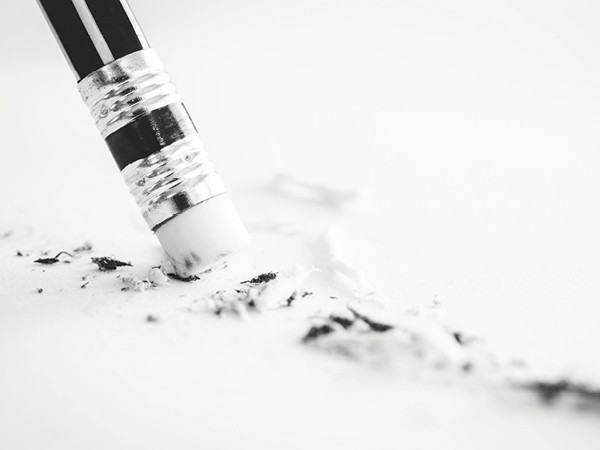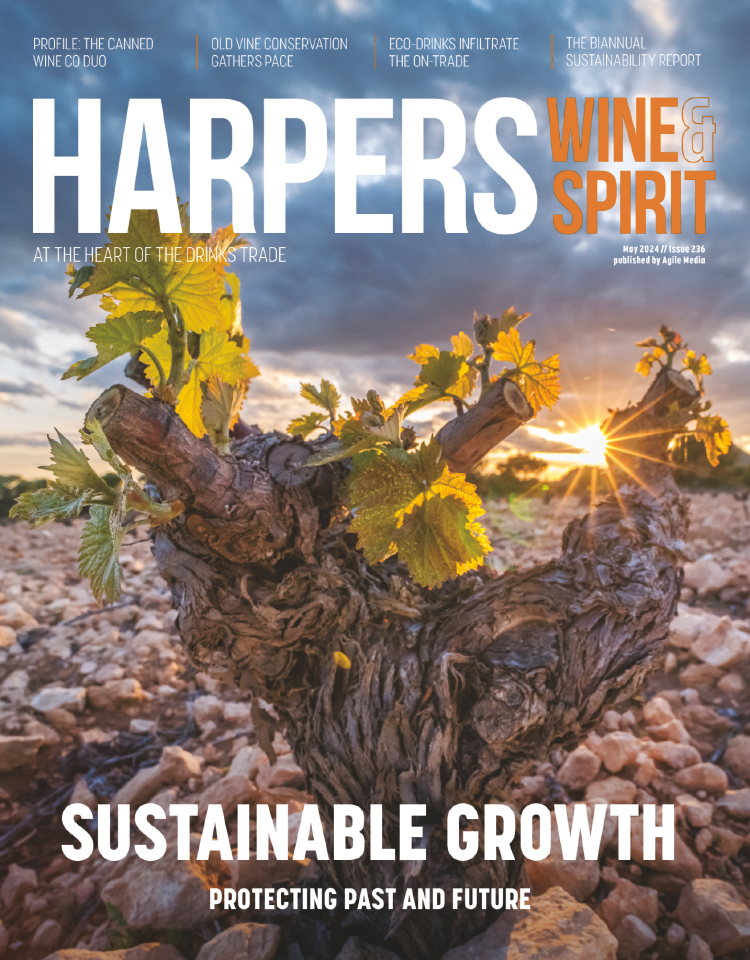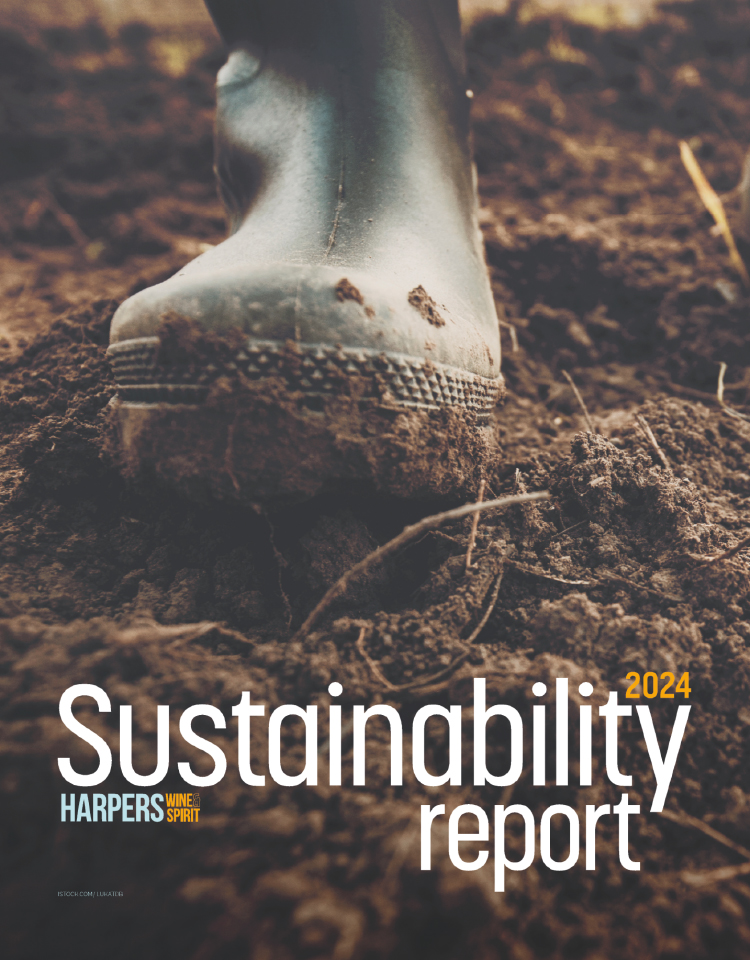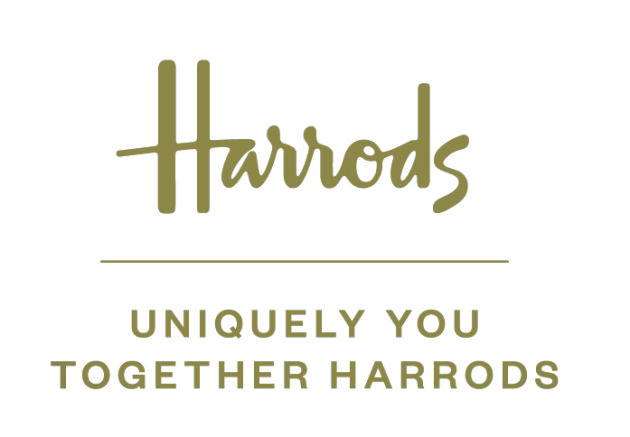
Guy Woodward: Wine is about people more than grapes
Rarely have I tried to recall an email as quickly as I did after notifying a female contact that it would be great if she could find time to meet up, as I’d heard how busty she was these days.
I love an unwittingly comical typo – except when it’s mine. A recent more wine-related – and public – blooper came in Cult Wines’ profile of Château Pape Clément, whose proprietor Bernard Magrez, we are told, “is one of the region’s most influential viogniers”. Well he certainly has a pronounced nose…
I presume they meant to write ‘vigneron’ (itself a horrible word and not strictly accurate in Magrez’s case), but it got me wondering how they’d ended up describing the business magnate as a grape variety. Was it just a brain-fade? An overactive spell check? Mis-annotated from a transcription?
- Read more: Tim Atkin MW: Why AI matters
I don’t think it can have been AI-generated, but you never know. Some recent work involved wading through the vintage reports of a host of Bordeaux classed growths.
Likewise, these hadn’t been generated by AI – as far as I could tell – but they may as well have been, so robotic were they in nature. It’s astonishing how many Bordeaux vintages are marked by dramatic weather events before being saved by an Indian summer. Or how, when rain does come at harvest time, it turns out to be beneficial since it ‘freshens up’ the grapes. If you were a Bordeaux novice, you’d be forgiven for thinking that 2013 was the vintage of the century.
I was also struck by how many producers boast at length of their technological armoury – drones, optical sorting machines, automated vine monitoring. Yet most people like to think of wine as a romantic, intuitive, artisan pursuit, not the result of forensic analysis in a lab. Aren’t we relentlessly told that wine is made in the vineyard, after all?
Wine, at its heart, is a high-wire business. So why not embrace and exploit this unpredictability in the stories that we tell? Ultimately, with the decisions they make, it is people, not machines or even terroir, who make wines. And having been communicating about wine for the best part of 20 years, I can say with some degree of certainty that consumers – including the most knowledgeable of wine lovers – respond much more warmly to stories about people than they do to vintage reports and vinification sheets.
Yep, it turns out that most consumers find it easier to relate to people than they do to grapevines.
↓
Getting personal
In the same vein, while the way we communicate about wine can – and likely already is – be created by AI, such leaden, pedestrian language is not what inspires consumers.
Just like wine itself, content needs to be more personal. The story of the immigrant winemaker who arrived without any viticultural knowledge but emerged triumphant will always resonate more widely than the season where hail restricted yields but strict selection ensured premium quality.
Such stories, of course, need insight and creativity to compose. And that, for me, is why AI will never take the place of people when it comes to telling these authentic, inside stories.
As someone who works with wine brands to produce such content, I would say this, of course. But just as characterful, soulful wine can’t be made solely by machine, nor can engaging, heartfelt content. And if you end up with the odd typo, so be it (my email correspondent, you’ll be relieved to hear, saw the funny side of my overture).
The human touch is a philosophy that extends to other parts of the business too. “I believe that wine is personal,” says Dan Belmont of retailer Good Wine Good People, which provides customers with dedicated recommendations based on their responses to a series of questions on their palate and preferences. “The part of your brain that processes flavour is closely linked with the part that manages memories and emotion.”
It’s a slightly crude example, and likely works by ticking a series of tags on Excel cells. But it allows Belmont to claim that “there’s no AI or algorithms here – just the blood, sweat and spreadsheets of real wine lovers”. And that element of human endeavour, and a touch of humour, has a healthy lifespan ahead of it yet – typos inlcuded.









